I used to subscribe to a word-of-the-day email service, my lazy version of reading the dictionary. Very slowly. Out of order. In any case, one week they had a theme of vocabulary related to textiles, but they focused on the non-textile definitions. I myself had not been aware of some of the secondary meanings to the following common fabrics. As the author of wordsmith.org writes, “There are numerous idioms: people are advised not to wash their dirty linen in public, even adults like to have their security blankets….â€
tweedy
DEFINITION:
adjective:
1. Academic or scholarly.
2. Informal; casual; outdoorsy.
2. Made of or resembling tweed.
ETYMOLOGY:
After tweed, a coarse woolen fabric made in twill weave, preferred in casual wear, for example those in academia or in the country. The origin of the word tweed is not certain. It’s probably an alteration of Scots tweel, influenced by the river Tweed that flows along the border between England and Scotland.
USAGE:
“Ramrod-tall, blue-eyed and aquiline, with a high forehead swept clear of thin, fair hair, [William Hurt] even looked clever, like a tweedy young professor of letters on secondment to Hollywood.”
flannel
DEFINITION:
noun: Nonsense; evasive talk; flattery.
ETYMOLOGY:
Besides the fabric, the word flannel can refer to a washcloth, an undergarment, or trousers, but here we are interested in its metaphorical sense which apparently developed from the soft and smooth texture of the fabric. The origin of the word flannel remains fuzzy. Two possible derivations have been suggested: from Welsh gwlanen (woolen article) or from Old French flaine (a kind of coarse wool, blanket).
USAGE:
“Commissioned by the Blair economic team, the report is just what the doctor ordered. No flannel. No spin.”
Peter Koenig; Honeymoon With the Economy is Over For Blair; The Independent (London, UK); Nov 16, 1997.
wooly
DEFINITION:
adjective:
1. Fuzzy; unclear; confused; vague; disorganized; rough.
2. Of or relating to wool.
ETYMOLOGY:
From Old English wull.
USAGE:
“Edward Scicluna: This woolly and opaque way of reporting and forecasting must stop.”
Charlot Zahra; Is Restarting the Excessive Deficit Procedure Justified? Business Today (Malta); May 13, 2009.
cotton
DEFINITION:
verb intr.:
1. To become fond of; to get on well together.
2. To come to understand (in the phrase “to cotton to” or “cotton on to”).
ETYMOLOGY:
Via French and Italian from Arabic qutun (cotton). The idiomatic usage of the term as a verb refers to the mixing of another material, such as wool, with cotton and perhaps from the idea of cotton fiber clinging well to something.
USAGE:
“Marketers and retailers have already cottoned on to the fact that, since the entire culture is defiantly refusing to grow up, parents and children are all now approximately the same age. We’ve got the same music on our iPods.”
Karen von Hahn; I Like to Hang Out With My Teenager; The Globe and Mail (Toronto, Canada); Sep 1, 2007.
plushy
DEFINITION:
adjective:
1. Characterized by luxury, extravagance, or ease.
2. Or or related to plush: soft and shaggy.
ETYMOLOGY:
From plush, a fabric of silk, rayon, cotton, or wool, having a long pile. From French pluche, a variant of peluche, from Latin pilus (hair).
USAGE:
“The warm, dark glow and plushy tone so typical of Central European orchestras from the late 19th century on seems steeped in the Staatskapelle’s bones.”
Wynne Delacoma; Staatskapelle Berlin at Symphony Center; Chicago Sun-Times; Dec 12, 2000.
“But since Hugo left university in June, he has not strolled into the sort of plushy job that supposedly awaits our hordes of upper-second graduates when they roar onto the job market.”
Rachel Johnson; Graduates Get Jobs — But No Pay; The Daily Telegraph (London, UK); Dec 5, 2003.
——————————————————————————————————————–
It’s a wonderful thing that familiar items permeate our language in such creative ways. And it makes perfect sense that clothes and fabrics and materials, which have developed in tandem with the human race and which conjure up such specific, tangible references for us all, integrate themselves into dialect unrelated to technical apparel conversations. I listed some slightly obscure words, but terms like “silky” and expressions like “pulling the wool over your eyes” act as more common reminders of the power of fabric.

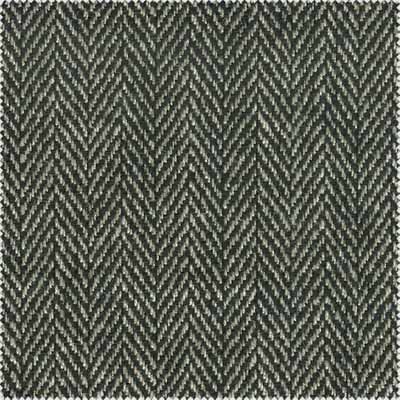
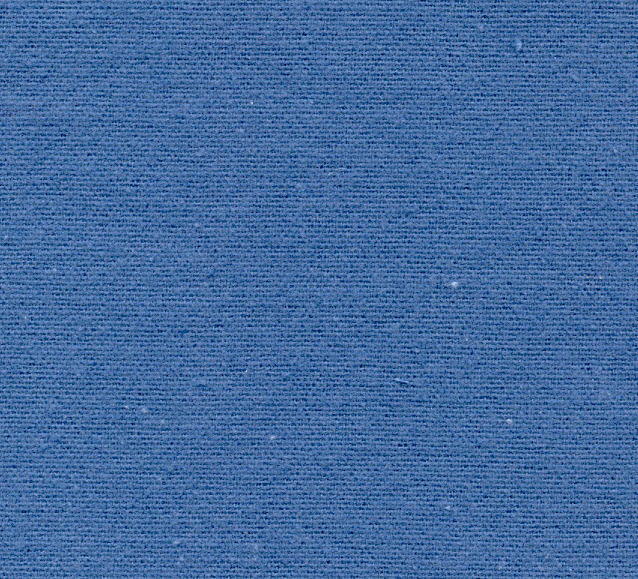
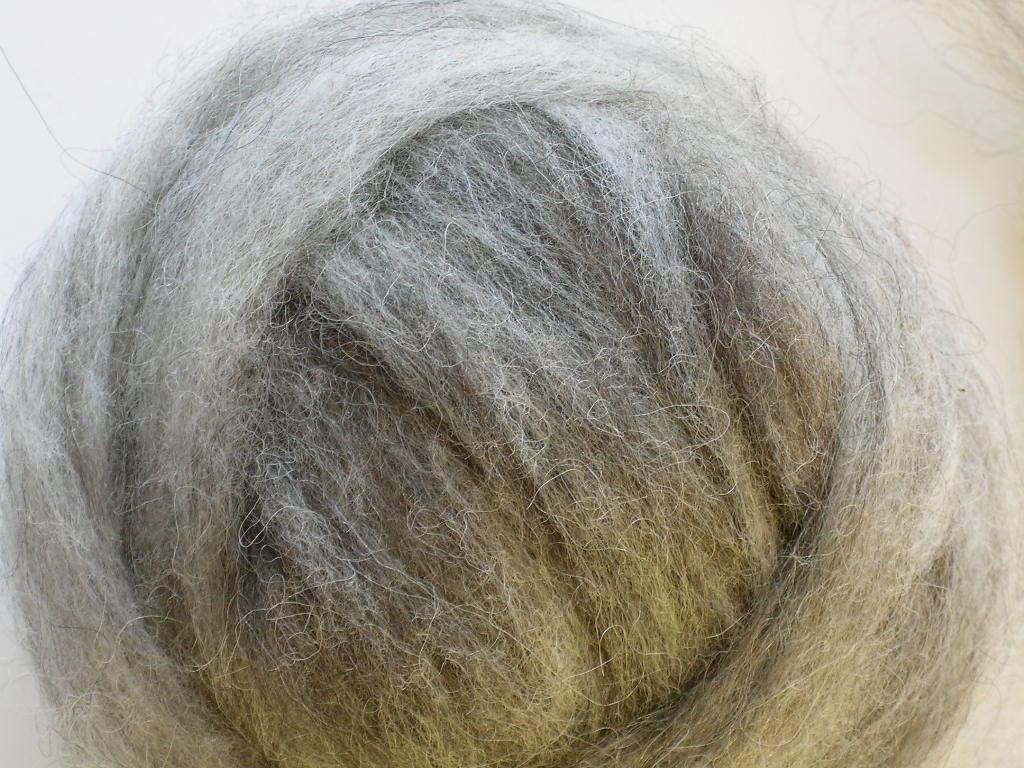
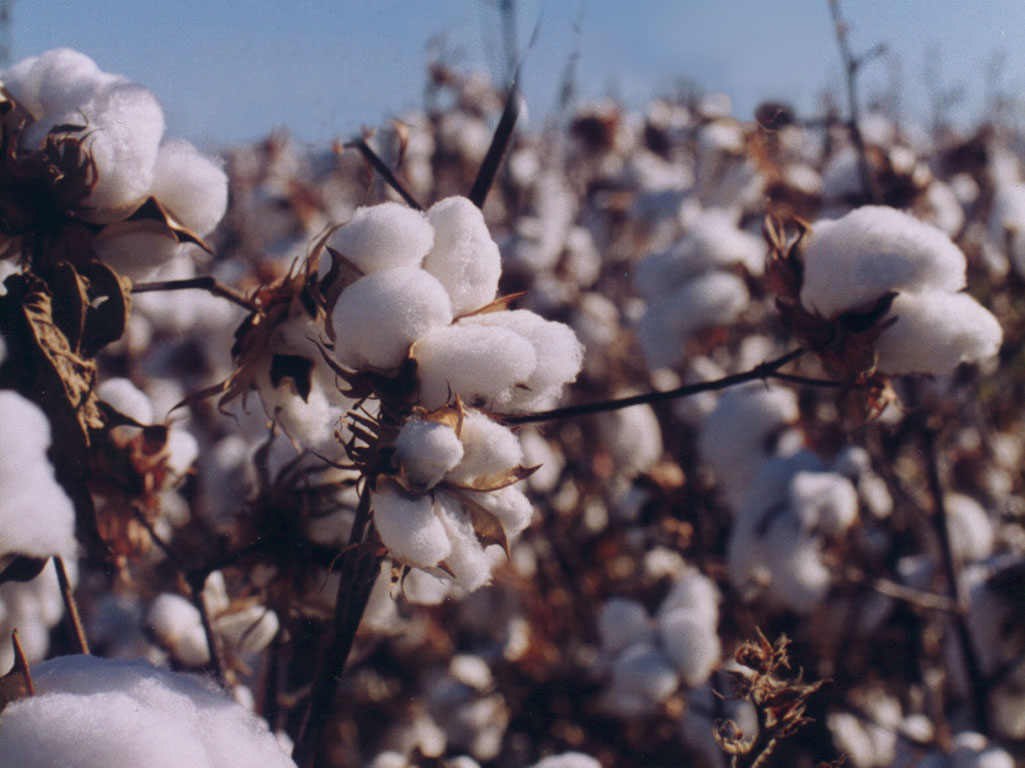
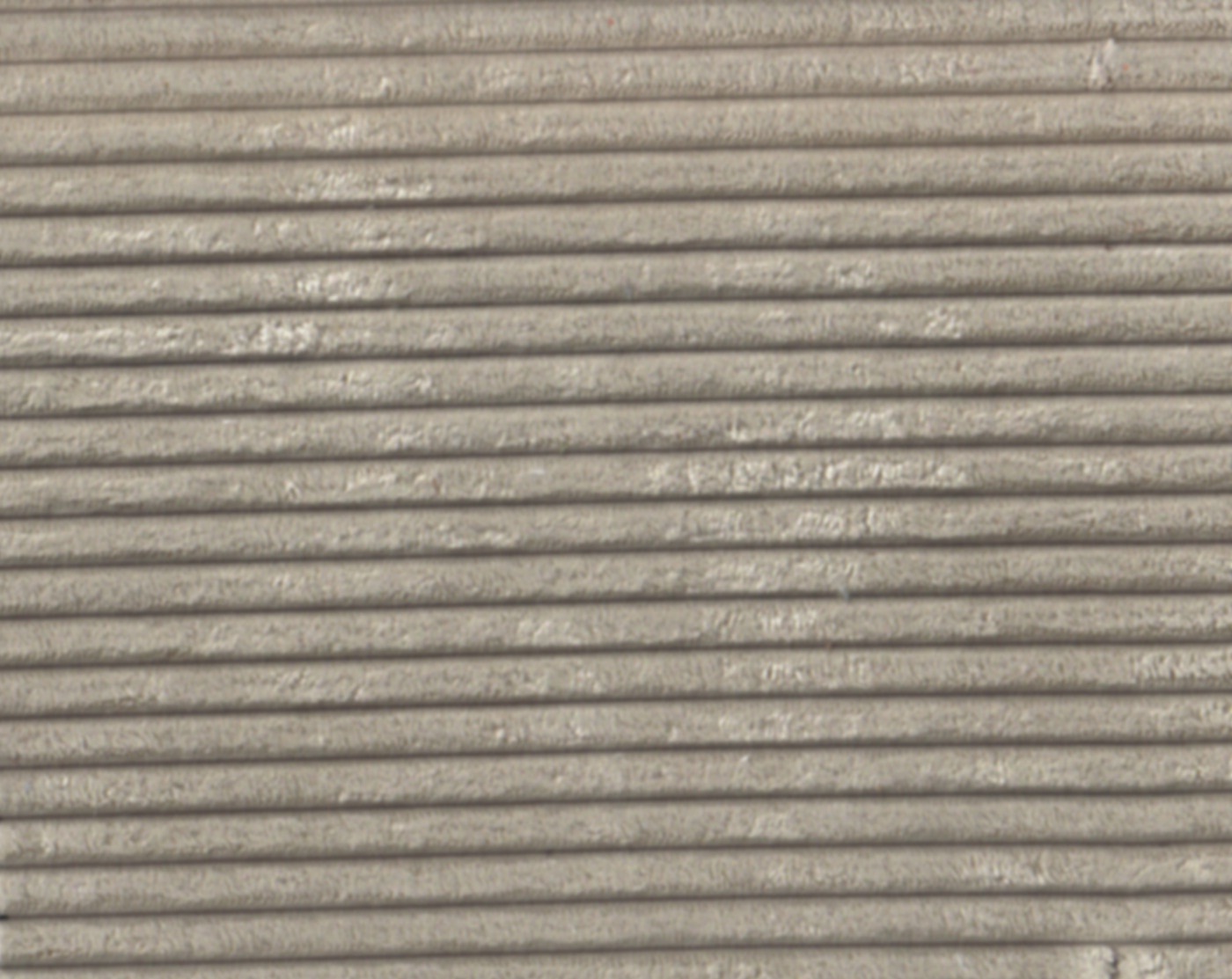
























1 comment
Alaina says:
Jul 3, 2009
Great idea for a post! I adore words.